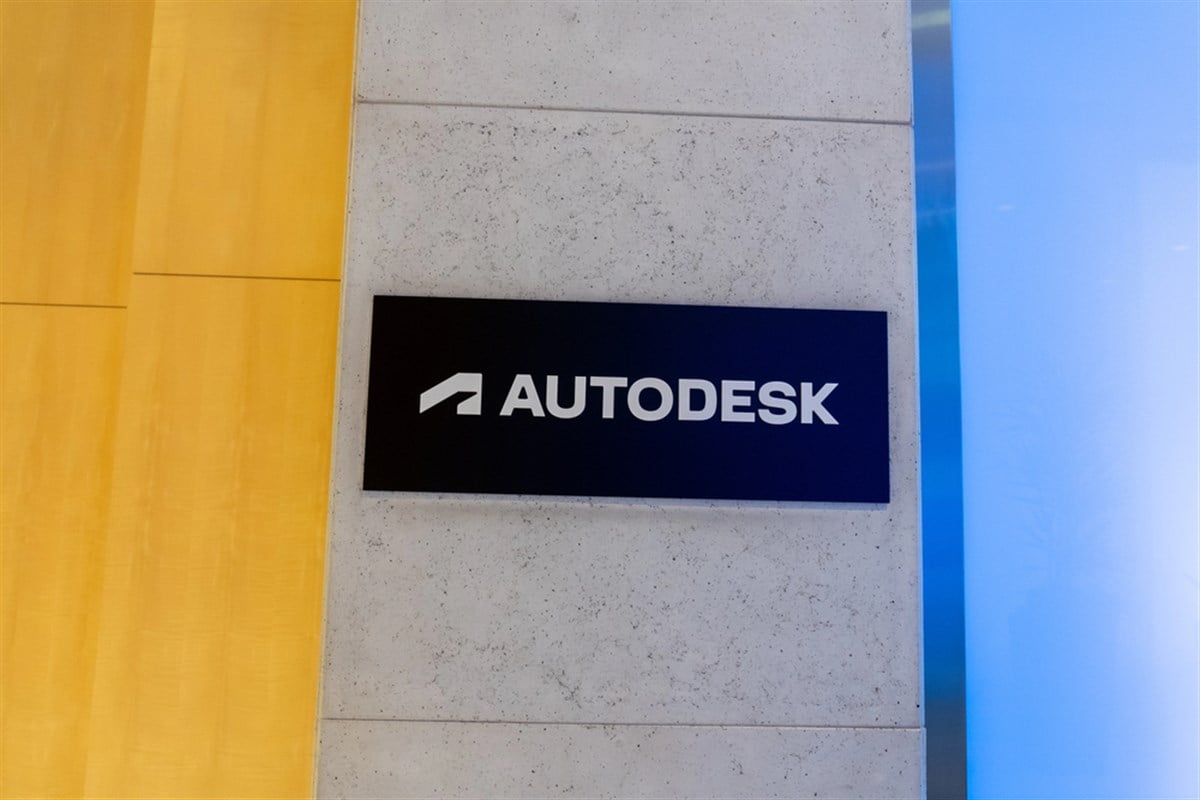
Autodesk (NASDAQ: ADSK) is a technology company that provides digital solutions to customers focused on solving physical problems. With Morgan Stanley recently naming this stock one of its “top picks," it feels pertinent to dive into what this company does and understand what aspects could make it a strong investment. I’ll explain the company’s products and strategy going forward and give my assessment of the stock right now.
Autodesk: A Provider of Key Design and Construction Software
Autodesk mainly develops and sells software for architecture, engineering, and construction (AEC). Last quarter, revenue from software products specifically designed for AEC accounted for 47% of total revenue. However, the company also breaks out revenue for its largest brand of software products called AutoCAD. These same industries largely use AutoCAD; however, other industries also use it. AutoCAD brand revenues made up 26% of the total last quarter.
“CAD” stands for computer-aided design. The software is used to create 2D designs and 3D models of physical projects. Essentially, designers create all modern physical designs using some type of CAD software.
Substantially all of the company’s revenue comes from subscriptions. The company uses a mix of direct and indirect sales, but 63% of sales came from its distributors and resellers in fiscal 2024. The company’s revenues are fairly diversified by geography. America made up 43% of the total last quarter, Europe, the Middle East, and Africa made up 38%, and Asia Pacific made up the remainder.
Autodesk has several key components of its strategy going forward. One is that it intends to transition more to direct sales. This aims to give the company more customer data, provide more pricing control, and ultimately increase revenue.
Another key aspect is to expand its product adoption across the lifecycle of building a physical project. It is currently considered a dominant player in design software but not necessarily in manufacturing and construction. It wants to grow the adoption of its technology in those areas and become an end-to-end solution across these vectors.
To do this, it specifically wants to increase the adoption of its Fusion 360, Forma, and Flow products. The company accounts for these products in its “make” revenue, as opposed to its “design” revenue.
How Autodesk Is Improving Its Operating Margins
Looking at the company’s financials, we see it is growing revenue solidly at between 10% and 12% over the last few quarters. The company also appears to be executing well on growing its “make” business. Last quarter, revenues in this division grew by 25%. This represents a significant acceleration from the same period a year ago, when “make” revenues increased just 15%.
Additionally, the company has shown success in increasing its adjusted operating margin. Excluding foreign exchange and a shift to direct sales, the company has raised its operating margin by 300 basis points since fiscal 2023. It says it is a year ahead of schedule in achieving its adjusted operating margin of between 38% and 40%, excluding these effects.
The company is excluding the effects of the new sales model as it has a neutral effect on operating income. However, due to accounting, it increases revenue and operating expenses in the near term, making the operating margin appear lower. The strategy aims to improve margins long-term, but it will hurt them short-term during implementation.
Squaring Morgan Stanley’s Assessment
According to MT Newswires, Morgan Stanley believes the company has substantial room to improve margins. It thinks the GAAP operating margin could expand by up to 800 basis points by 2028 and says the company’s valuation is in line with peers. The average of the forward P/E ratios of companies Autodesk lists as competitors in its Form 10-K supports this valuation assessment. From its current level, Morgan Stanley's price target indicates a 15% upside in the stock. Its target is on the high end of estimates.
Through its new sales strategy, the company can expand margins in the long term. It is also pushing to increase the "make" part of its business. Last quarter, the design part of the business made over seven times the revenue of the design business, which shows its growth potential. Becoming an end-to-end provider could allow the company to expand margins as it could sell design and make products together.
Still, the company is fairly cyclical, with a beta of 1.5. With nonresidential construction spending growth expected to fall significantly next year, personally, I don’t see this as a great time to get into this stock.




